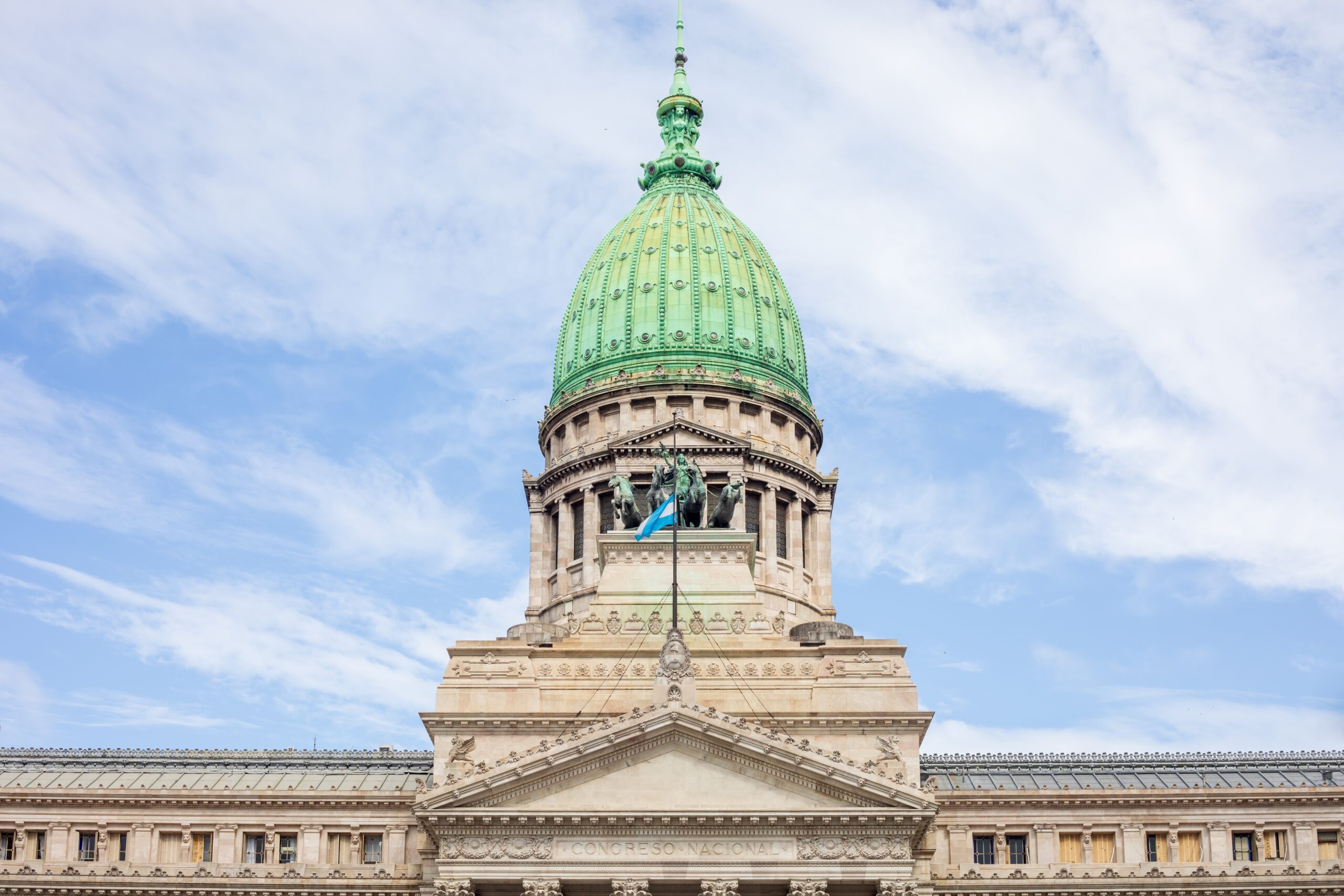The Ruling Party Wins Argentina’s Legislative Elections: How the New Congress Is Shaped

The legislative elections held on Sunday reshaped Argentina’s political landscape and consolidated La Libertad Avanza (LLA) as the fastest-growing political force in both chambers of Congress. Although it did not secure an absolute majority, the ruling party achieved the one-third threshold needed to sustain presidential vetoes and strengthen its bargaining power for the second half of Javier Milei’s term.
Voter turnout stood at 67.9%, the lowest since the return to democracy, with 2.74% blank ballots and 2.46% null votes, reflecting a fragmented and polarized political scenario.
Results in the Chamber of Deputies
With more than 9 million votes, the ruling coalition secured 64 seats in the Chamber of Deputies, consolidating itself as the second-largest bloc. Together with its allies, such as the PRO and other groups, the government can count on a coalition of up to 93 seats, giving it control of more than one-third of Congress—the number required to uphold presidential vetoes.
Meanwhile, the opposition coalition Fuerza Patria obtained 30.02% of the votes and retained 45 of the 46 seats it had at stake. Provincias Unidas, a provincial alliance positioning itself as a third alternative, received 5.8% of the votes and secured 7 seats, while Frente de Izquierda will hold 4 seats.
The Senate: A Strengthened Ruling Party
In the Senate, where 8 provinces were at stake, La Libertad Avanza prevailed in 6, increasing its representation from 6 to 19 senators. The opposition, led by Fuerza Patria, won 22 seats, while other provincial forces obtained 4. No bloc reached the 37-seat majority, meaning dialogue with smaller parties and provincial governors will be crucial for governance.
Legislative Challenges and Key Negotiations
Although the ruling party now commands a strong bloc, the absence of an absolute majority means that smaller factions will remain key players in shaping the legislative agenda. Among the key pending issues for Congress are the 2026 budget law, labor, pension, and tax reforms, judicial appointments, and changes to the legislative treatment of executive decrees.
President Milei celebrated the results and called on the provinces to engage in dialogue, signaling a second phase of his mandate centered on negotiations with allies and regional forces.
The new legislators will take office on December 10, marking the beginning of a renewed Congress facing major challenges amid a complex and plural political landscape.
